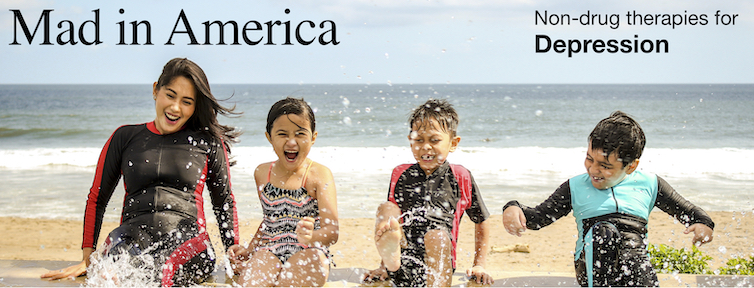 This review provides a summary of non-pharmacological treatments for children and youth diagnosed with depression and related problems, and the scientific evidence regarding their effectiveness.
This review provides a summary of non-pharmacological treatments for children and youth diagnosed with depression and related problems, and the scientific evidence regarding their effectiveness.
Psychosocial Interventions for the Treatment of Depressive Symptoms in Youths
Psychosocial interventions are based on the theory that depression is not simply a physical illness with symptoms that manifest as low mood, loneliness, and feelings of guilt and worthlessness, but that the context of a young person’s life can provide some explanation for these experiences. Thus, many of the interventions below focus on increasing youths’ ability to cope with stressful experiences or life transitions, and on improving relationships with both family and peers. Other interventions, such as eating a healthy diet and exercising, are based on a holistic understanding of the connection between physical health and emotional well-being.
